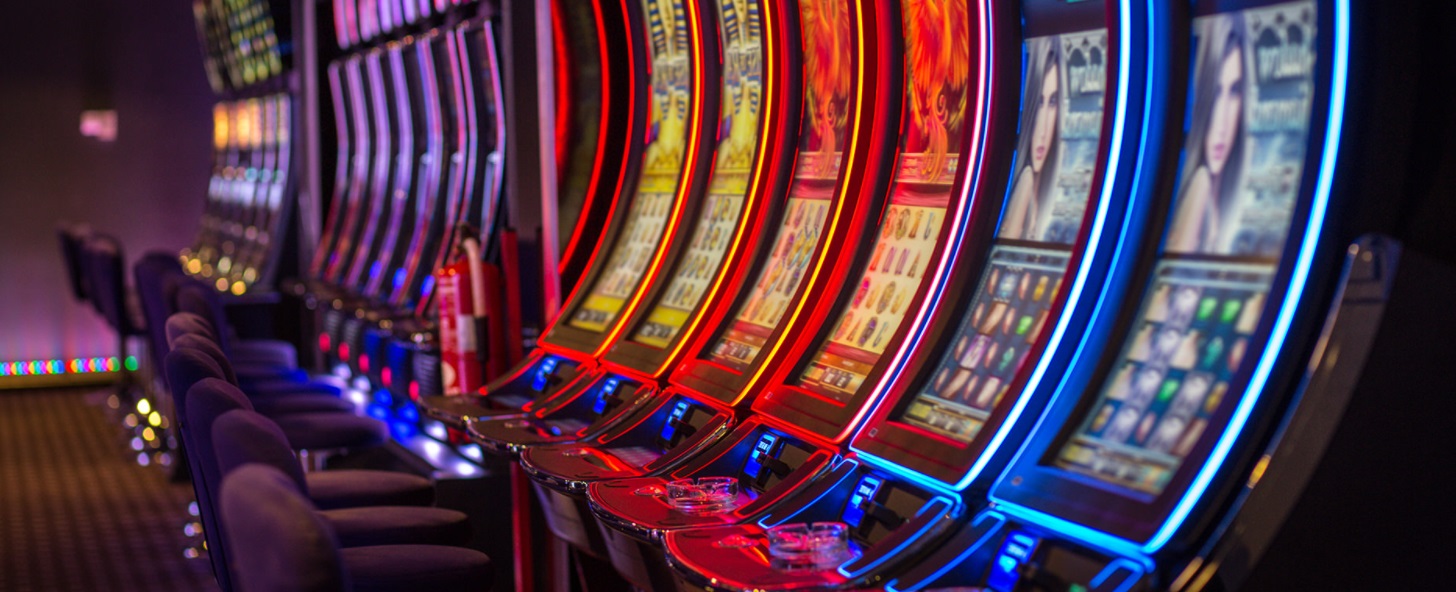
When we think of gambling games, the first pictures that frequently come to mind are those of spinning wheel devices, card chips clinking on fabric tables, and dice rolling across a betting area. While numerous consider these games as simple hobbies fueled by luck, a deeper exploration reveals a captivating blend of tactics, skill, and social engagement that raises them far beyond basic luck. Regardless of whether you are a experienced player or a inquisitive newcomer, grasping the nuances of these activities can greatly enhance your experience and understanding.
Gambling activities have evolved over hundreds of years, with different cultures contributing to their diverse backgrounds and different forms. From the intricate tactics of blackjack to the bluffing tactics in poker, players engage in a battle of intellect as much as a gamble on numbers. This exciting interplay between chance and expertise creates a thrilling atmosphere that draws millions to casinos worldwide. As we delve into the world of table activities, we will uncover the methods that can tilt the odds in your advantage and the community aspects that make these activities a popular choice for entertainment and engagement.
A Strategy of Table Gaming
Table games often combine a blend of skill and chance, which makes them fascinating for participants who enjoy a test. Each title has its own set of guidelines and tactics that can influence the results. For instance, in titles like blackjack, players are required to use tactics like counting cards and understanding the odds to make smart decisions. This skill set can significantly improve the winning potential, differentiating experienced players from novices who may depend entirely on chance.
In contrast, titles such as roulette may seem to be purely based on luck, but tactical thinking can also come into the equation. Players can choose between various wagering strategies, such as the Martingale system, where they increase their bets after a loss. This method can establish a more controlled approach to the activity. Understanding the probabilities of specific wagers can also help players make smarter decisions on the roulette table, showcasing that even games of chance, strategy can enhance the enjoyment.
Additionally, the game of poker stands out as a title that strongly focuses on tactics. Unlike most casino games, the game of poker merges ability, mental acuity, and chance. Players must also concentrate on the cards they are given but also consider their opponents actions and betting patterns. Mastering principles like position, pot odds, and reading bluffs is crucial for success. This depth of tactics in poker often leads to a more engaging encounter for players, where their choices and skills significantly affect the match’s outcome.
Grasping Probability and Odds
In the domain of gambling games, likelihood and ratios have a critical role in determining a gambler’s possible outcomes. Every match has its own set of rules that define how the probability of winning or losing is measured. For case, in matches like blackjack, players have a opportunity to affect their odds through planning, whereas in games like roulette, the outcomes are entirely dictated by luck. Understanding how these chances are calculated can substantially affect how a gambler tackles the game.
Odds are typically expressed in two formats: ratio and numeric. Fractional ratios represent the ratio of the amount won to the sum bet, whereas decimal odds show the total return for a winning wager, which includes the initial bet. For example, if a game has odds of 5 to 1, this means that for every one unit staked, a gambler could gain five dollars if they win. Learning how to understand these ratios allows players to assess their possible earnings and formulate more informed decisions during play.
Players should also be aware of the house edge, which is the casino’s built-in advantage over the players. Each game has a different advantage, and comprehending this idea is crucial for handling one’s expectations and funds. Games with a reduced advantage, such as 21 and baccarat, typically offer superior odds for gamblers compared to games like slot machines and keno. By recognizing the relationship between chance, odds, and the casino advantage, gamblers can improve their gaming experience and plan more efficiently.
The Aspect of Table Gaming
Table games at gaming establishments are often seen as a hub of social interaction, bringing participants together in a shared experience that goes far past the mere act of gambling. The atmosphere at a poker table can be electric, with gamblers engaging not only with the game itself but also with one another. Joy, excitement, and, occasionally, playful teasing create connections that improve the overall experience of the gaming experience. This communal aspect can turn a solitary endeavor into a lively gathering, making casino games particularly enticing.
One of the intriguing elements of gaming at tables is the way it cultivates friendship among participants. siti casino non AAMS Whether it’s teaming up to beat the dealer at a craps table or sharing stories between hands in a card game, the environment encourages interaction. Participants often share tips or strategies, creating a sense of community that boosts the fun. This social dynamic can make new gamblers feel included and less daunted by the competitive nature of casino games. As the game progresses, friendships may form, leading to a sense of connection that keeps players coming back to the table.
Moreover, the social aspect of table gaming extends outside just the participants. Dealers play a vital role in encouraging interaction and maintaining the flow of the game. Their ability to engage gamblers with friendly conversation and their expertise in running the table can create an inviting atmosphere. This relationship between players and staff adds another layer of enjoyment, where players feel connected not only to one another but also to the staff. Such interactions are often what make the experience unforgettable, as participants leave with tales to tell and connections made, reinforcing the notion that gaming at tables are truly about more than just chance.
